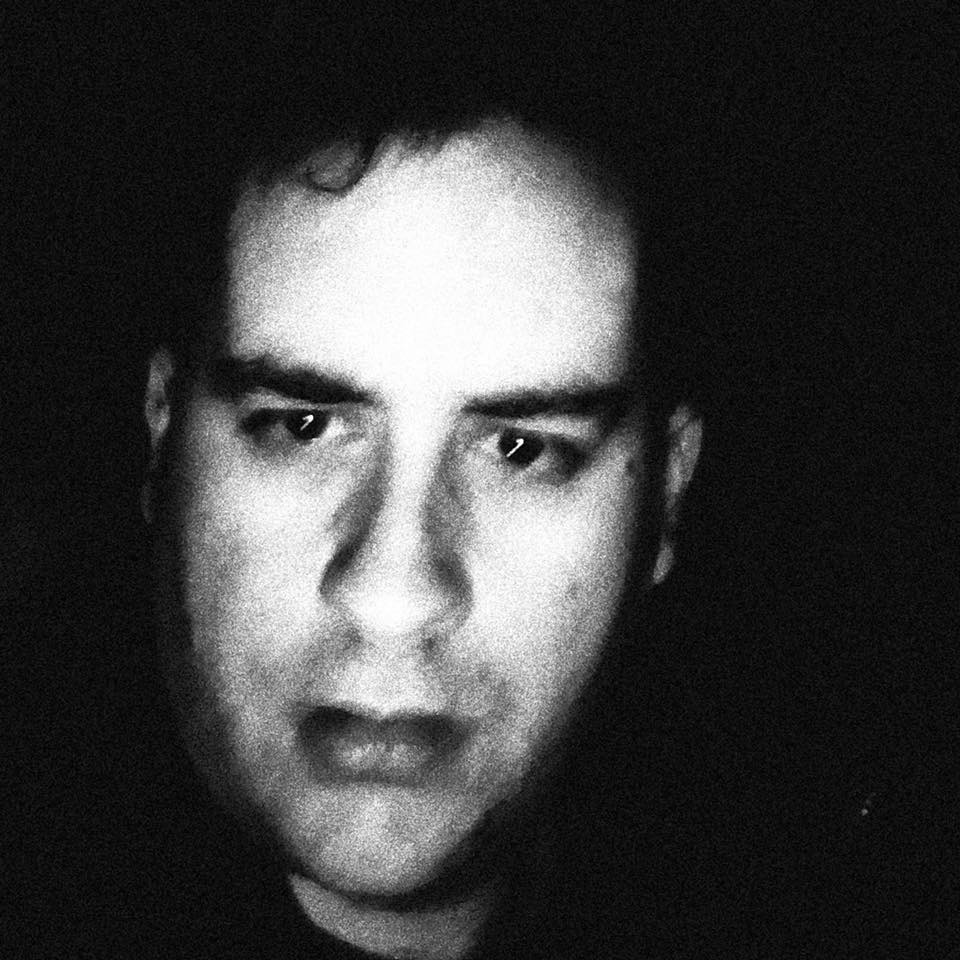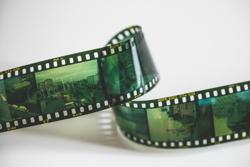Ghost World (2001) is one of the truest, most accurate coming-of-age stories I have ever seen.
I can say this with confidence because I graduated from high school around the same time Ghost World came out. Funny enough, this film actually mirrors my life and how I experienced it. I identify with Enid so much because, hell, I lived her life. The parallels between us are wild.
What’s wonderful about Ghost World is how it captures that moment in time—the early 2000s. It almost seems aware of itself as an artifact of the era. That opening commercial with the Palm Pilot, for example—there’s nothing more early 2000s than Palm Pilots.
Ghost World is about two teenage girls, Enid (Thora Birch) and Rebecca (Scarlett Johansson), who have just graduated from high school and are trying to figure out what to do with their lives. But as they’re figuring things out, they do something teenagers of that era did constantly: they observe and critique the people in their town, the culture, and the meaning of it all, constantly making themselves out to be above it all—as if they know something everyone else doesn’t.
There’s a big difference between Enid and Rebecca. Rebecca might be a little awkward, but she mostly knows what she wants to do with her life and, more to the point, attracts a lot of male attention.
Enid, on the other hand, doesn’t know what she wants to do. She feels like she’s drifting closer and closer to the margins of society. Despite being conventionally attractive, she fails to attract male attention, partly because of her awkward and taciturn manner. What’s more, she constantly makes fun of people she doesn’t know, calling them losers—partly because she feels like a loser herself.
Everything changes when they encounter a classified ad in the “Missed Connections” section of an alternative weekly paper. They find Seymour (played by Steve Buscemi), and Enid decides to play a prank on him to humiliate him for being a “loser.”
I should mention here that Ghost World is adapted from a comic book of the same name by Daniel Clowes. The character of Seymour is a major addition to the film, and I think it’s a great one—I can’t imagine the movie without him.
Both girls start stalking Seymour, following his whereabouts and seeing what he’s up to. Rebecca’s opinion of him never changes, but Enid discovers that Seymour is not the nerd she thought he was. He has his own world, with hobbies, interests, friends, and even parties. Seymour is a bit depressed over his inability to get a girlfriend, but Enid starts to admire him for his ability to live life on his own terms. Unlike her, Seymour genuinely doesn’t buy into the pop culture mumbo jumbo that Enid claims to hate but can’t seem to extricate herself from.
In other words, despite Seymour seeing himself as a loser, he’s living the life Enid wishes she could live.
This, of course, causes tension with Rebecca. Despite Rebecca and Enid’s pseudo-intellectual back-and-forth, Rebecca wants to live a conventional life, while Enid feels alienated from convention.
What I love about this film is how well it tackles topics like validation, aspiration, and the need to strike out on your own. It portrays the two girls so realistically, touching on hope and despair, and even the way they explore their sexuality and what they truly want.
After watching this film, I can’t help but wonder what happened to these girls. If they were real people, what kind of lives would they be living now? What jobs would they have? Would they be married, have kids? What would their hobbies be?
Ghost World was directed by Terry Zwigoff, who was the perfect director for this film, having previously directed Crumb in 1994. He co-wrote the screenplay with Daniel Clowes, who created the graphic novel. Zwigoff later directed Bad Santa and Art School Confidential, but hasn’t been very active since the 2000s.
The film has received universal acclaim. On Rotten Tomatoes, it scores 93% on the Tomatometer. Audiences love it just as much, giving it a 7.3 out of 10 on IMDb and a 3.6 out of 5 on Letterboxd.
I think this is one of the best films of the 2000s. Definitely one of the best coming-of-age stories ever made. I love these characters. I love how it explores a specific moment in time and how true to life it feels. I recommend it.


@atomicpoet @movies I haven’t read the comic, but I read another one from Daniel Clowes, “Like A Velvet Glove Cast Of Iron” (if I recall the title correctly), and I was impressed how well they translated Clowes’ visual style to film.